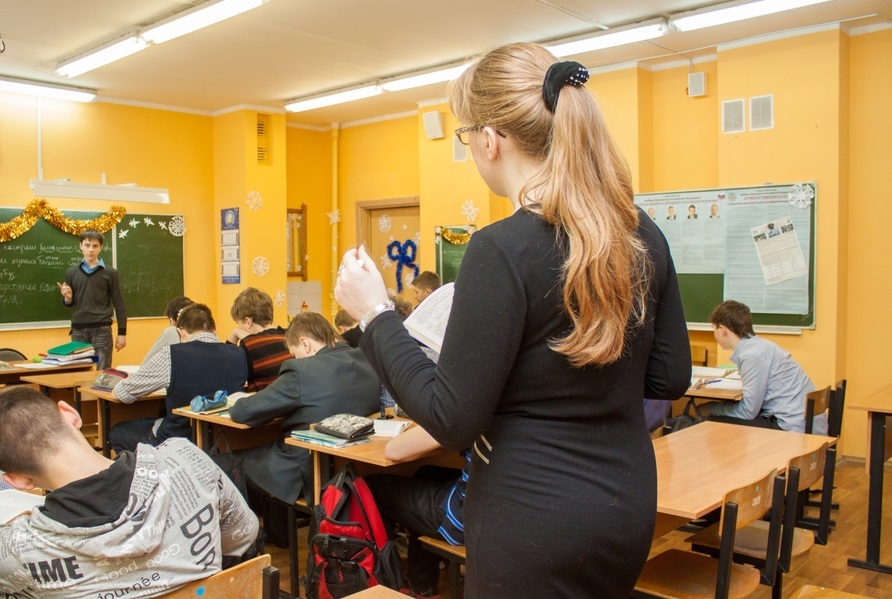5 Predictions for Education in 2013

Fewer People will go to University
The number of UK students applying to go to university is down by 8.4% compared with 2011. Many students are put off by the high cost of tuition fees, which were raised from £3,290 to £9,000 in many universities from 2012.
The Number of Academies will Continue to Grow
The government plans to convert 400 of the weakest primary schools into academies by the end of 2013. Many schools graded 'satisfactory' and below by Ofsted, including those in 'special measures', will be teamed up with private sponsors and converted into academies. The government has earmarked £10 million for the purpose.
Academies are funded by the central government with additional support from sponsors (individuals or organisations) and, unlike state schools, are independent of direct control from the local government. Teachers must meet the National Curriculum core requirements, but have the freedom to specialise in particular subject areas, for example science, art or sport.
The Number of Co-operative Schools will Continue to Grow
The number of co-operative trust schools grew threefold in 2011, with 338 institutions in Britain by the end of 2012. By spreading ownership between pupils, teachers, parents, local people and employers, co-operative trust schools hope to provide both local accountability and independence.
Groups of local co-operative trust schools are able to pool their knowledge and resources, and pupils are given more say in the running of their school, for example in questions of uniform and mobile phone policy.
Membership organisations date back to the 19th century co-operative movement led by entrepreneur Robert Owen. Co-operative trust schools today are often seen as an alternative to academies, but critics of both models raise the same concerns about what they see as the privatisation/marketisation of education.
The Number of Faith Schools will Continue to Grow
As of July 2012 there were 6,783 state-funded faith schools and 47 faith academies in England. Faith schools generally follow the National Curriculum and the teaching has a particular religious character.
State-funded faith schools may offer over 90% of places to children on religious grounds, whereas academies and free schools that are faith schools must offer 50% of places to children of other or no faith.
Faith schools consistently outperform non-denominational schools in terms of attainment, and many are heavily oversubscribed. However, they are often criticised for exclusivity: a recent study of state faith school students found significantly fewer children from lower economic backgrounds attended compared with non-denominational state schools.
The majority of state-funded faith schools are Christian in character (4,598 Church of England and 2,010 Roman Catholic), with 200 more state Anglican schools proposed within the next 5 years. However, the demand for Muslim education is reflected in the growing number of state Islamic schools, madrasas, which are independent Islamic schools, and 'flexi-schools', which are part-time Islamic schools usually held in the homes of Muslim parents.
Exams will Get Tougher
2012 will be remembered by many GCSE students as the year of the English marking scandal. When grade boundaries were raised between the January and June sittings of the English GCSE examination, many students missed out on a grade C or above.
According to Ofqual, 18.7% of GCSE and A Level grades were wrongly awarded this year (45,630 in total), which amounts to 1 in every 200 GCSEs and 57 in every 1,000 A Levels.
And exams are set to get even tougher, with the rigorous English Baccalaureate Certificate (EBC) to replace certain GCSEs from 2015. Core subjects such as English, mathematics, science, history, geography and some languages will be affected by the change.
While some praise the government for tightening up on 'easy' exams, others are concerned that the EBC will create a 3-tier system, devaluing results in other certificates.
Sophie works alongside education charity HTI, an organisation committed to assisting with academy conversions, leadership development training and student welfare.
This content was created by AI
